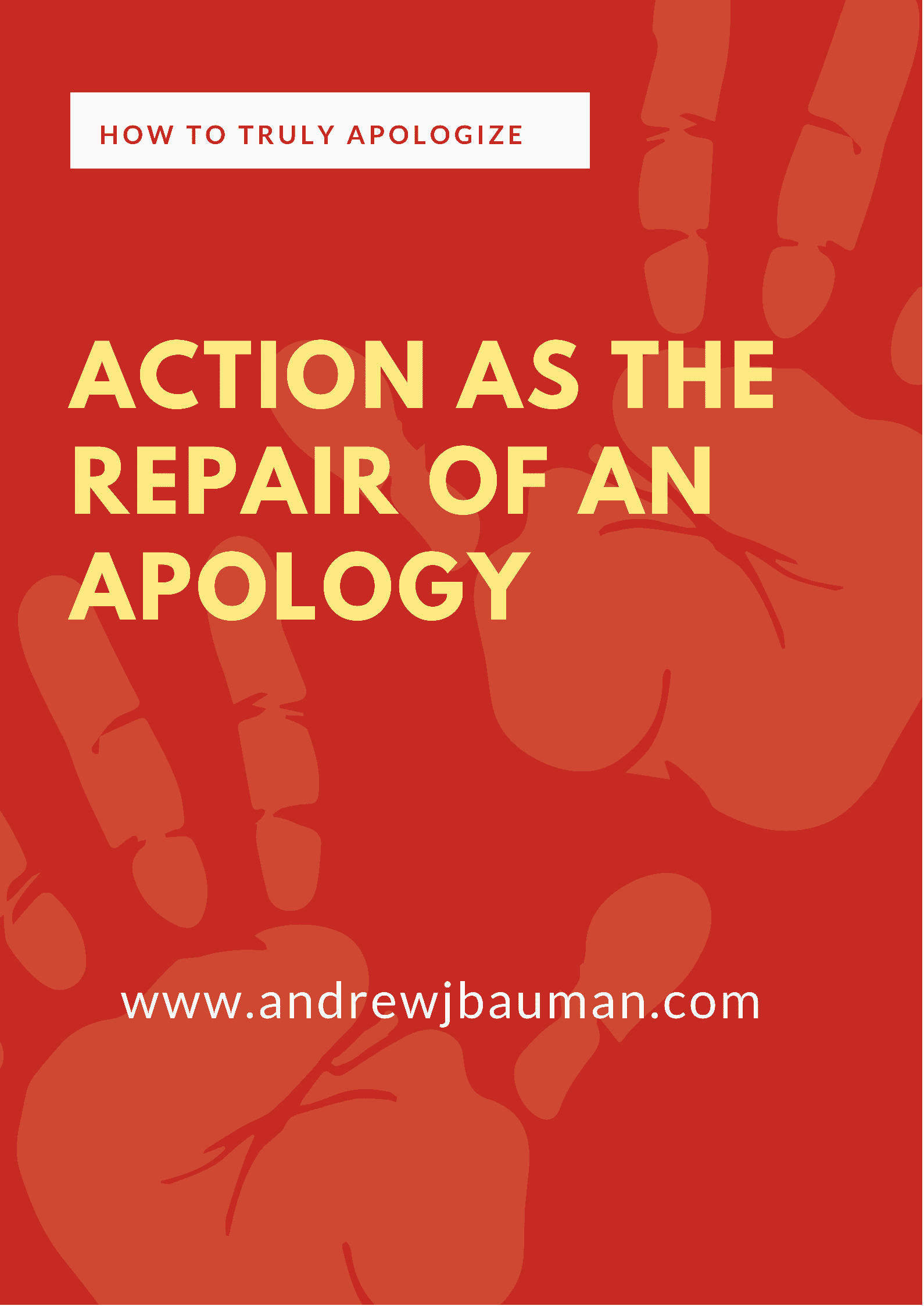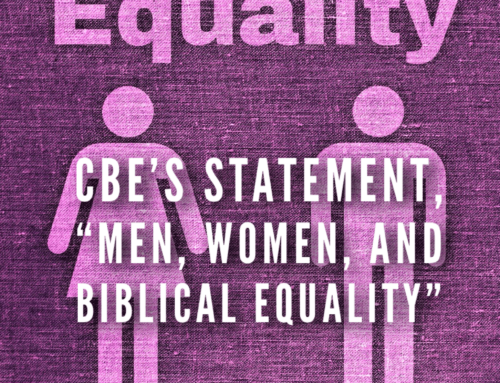“I am sorry.” “I am SO sorry.” “SORRY!” “No, listen, I am REALLY, REALLY sorry.” “Forgive me?” “My bad.” “My apologies.” When these attempts at an apology don’t get through to the partner we have harmed many times we try self-contempt. “Okay, I suck.” “I am such an idiot.” As we beat ourselves up, we unconsciously hope that our partner will feel sorry for us and begin to care for us. Self-contempt is just a different form of manipulation. Who would want to join in beating up a small pathetic puppy that is already getting pummeled?
When these two tactics don’t get us our desired outcome, sometimes we revert to even cheaper, adolescent, and more abusive tactics known as “other-centered contempt.” “What’s wrong with you?” “Doesn’t God call us to forgive?” “You are just as abusive as I am!” Sadly, these tactics are common amongst men who are trying to reclaim their power and control over their partner and will many times use whatever means necessary. Whether you have been on the giving or receiving end of these attempts, they all feel awful. Men, we can do better. Our apologies can have more power, and our words can reclaim the power that they deserve. So, how do we apologize for being an ass and truly begin to repair what we have broken? How can we change and begin to make amends for the lost trust?
Here are a few action items that will help in making amends and living into a new narrative with our partner.
Action is the repair of an apology. Many times, our words have lost their meaning. Therefore, it doesn’t matter if we say more words, or how we craft them. It matters how we live our words. It means less talking and more action. Live into what you say. If you are truly repentant then you will change how you speak to your partner. Even if they don’t respond in the way you would like, it doesn’t matter; true repentance is not dependent on the action of the other, but only the action of oneself.
Action requires humility. In regards to the art of an apology, it doesn’t matter as much about “what” we say but “how” we say it. A true apology is not with words but a certain posture. As I spoke earlier in this piece, humility is not self-contempt or beating yourself up for your failures and mistakes. True and radical humility is living into a repentant spirit. It is owning our failures without allowing those said failures to fully define us.
Action requires courage. There is no courage without risk. Many times, to be an empathic presence is much more terrifying than saying “I am sorry.” The words “I am sorry” are needed but then it’s time to humbly live differently. I would much rather be a fool than a coward. Meaning, if you take risk courage, yes you may look foolish, but at least you were courageous.
Action with integrity. Action is not helpful if it’s not rooted in integrity and living in truth. We must live without secrets, in full authenticity from this point on, for a genuine apology to take root. Many times, we harm those we love with half-truths, hidden lives, and deceit that make the betrayal hurt even more deeply.
When these categories are lived out, trust can begin to be reestablished and forgiveness towards you can begin to be considered. We should never rush or demand forgiveness but merely focus on ourselves and living differently. This will begin to create safety and stability for our partner and create a solid foundation where genuine intimacy can be reestablished.






